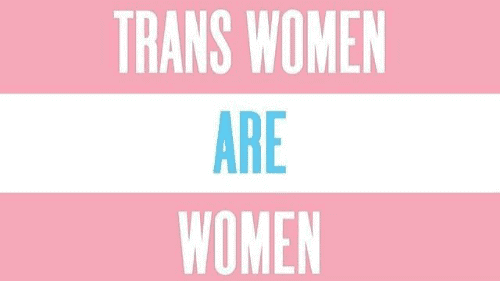The society has built walls of non-acceptance, invisibility, and harassing transgender people. Studying at the University of Delhi while being myself openly, I recount my own experiences.
After much introspection, when I finally understood and identified myself with the “label” of a transgender woman, I realised that life is going to be tough. While you can hide your sexuality, it is hard to hide your gender expression. Gender expression is overt and apparent. Even though medicine and the legal system have developed in this matter, transitioning from male to female is not a cake walk.
Gender dysphoria is emotionally and mentally debilitating. Very simply put, it is the discomfort due in “phallic” circumstances. Beginning with, using the “male” washroom in college feels wrong and almost unsafe to use. Moreover, at the metro station, I have to be body-checked at the “male” security check. To experience this before coming to college every day becomes difficult and often prevents me from attending classes. Once I was wearing a kurti and churidar along with a dupatta and the security guard asked me if I’m male or female, after which he proceeded to touch my genitals. I felt numb, angry, and violated.
After I found the right name for myself and became comfortable in my identity, I came out to my friends on Instagram. Visibility is important and telling everyone proudly and unashamedly, certainly made things better. The initial reaction was largely and overwhelmingly positive. My friends started using my preferred name and pronouns. After coming out, I encountered a series of ignorant questions like “Are you male or female?”, “Since you’re biologically male, that means you’re a trans-man, right?”, “Why do you have to be extremely feminine all the time?”, or “Have you tried being masculine or being with a girl? There is still time and maybe you’ll change.” I try my best to explain to those who genuinely ask but, often the sheer ignorance puts me off. For a generation that spends most of its time on the internet, this level of obliviousness cannot be expected, especially within the age demographic I spend most of my time with.
People everywhere face prejudices and stereotypes. A blonde woman has to prove she’s not dumb, a brown-skinned woman ought to prove she’s beautiful, but, as a transwoman, I have to prove that I am, in fact, a woman. Since I am not medically transitioning yet, people “misgender” me, and often perceive me as male which is extremely discomforting. The general understanding on transwomen is that “She is about to become a woman”. While I may not be physically female yet, I am a woman, naari , and larki through and through.
While I’m very comfortable in my womanhood, validating moments like being gendered correctly by strangers, being referred to as “ma’am”, or when someone approaches my friends with my birth name and surprisingly they don’t remember it, fills my heart with happy blood and I feel at peace.
Raabiya Tuteja




Comments are closed.